Leadership and Faculty

The Harvard Business Analytics Program is designed by faculty from across HBS, SEAS, and FAS. These award-winning scholars, researchers, and educators share their unique perspectives and experiences with students both inside the classroom and in carefully crafted coursework materials.
Meet the faculty members and learn more about their accomplishments:
University Sponsors
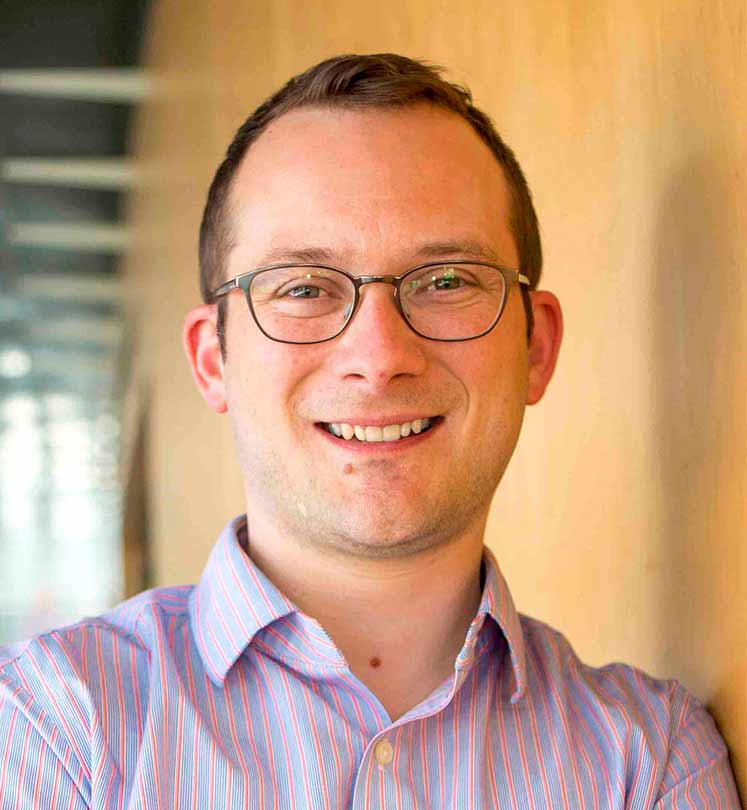
David Parkes
David C. Parkes is the dean of the Harvard John A. Paulson School of Engineering and Applied Sciences and George F. Colony Professor of Computer Science. He is also co-director of the Harvard Data Science Initiative. He is known for his work on algorithmic economics, market design, artificial intelligence, and the digital economy. Throughout his career he has been recognized for his work and invited as a distinguished speaker on the topics of emerging and future technology at some of the most respected institutions in the world.
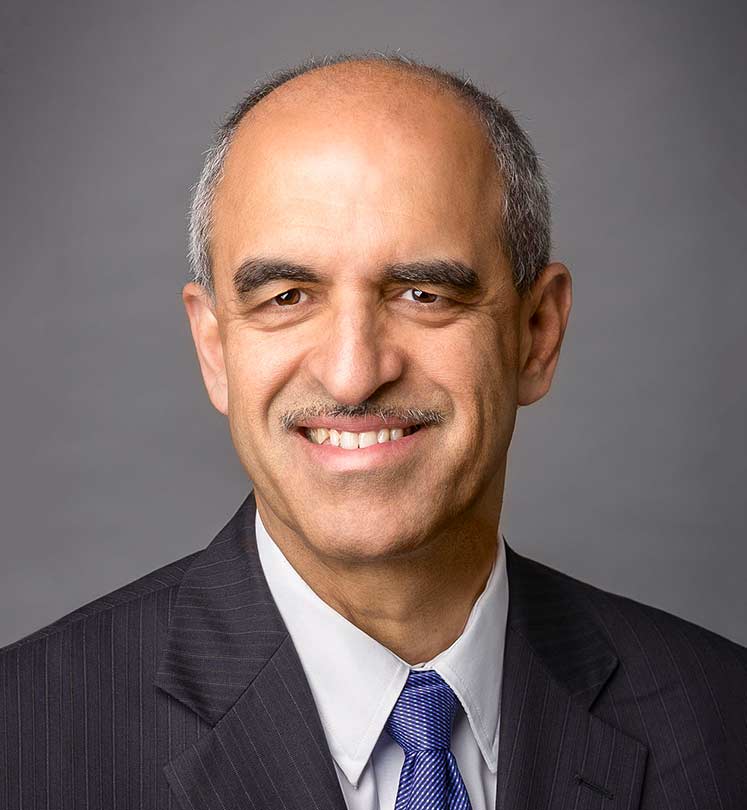
Srikant M. Datar
Srikant M. Datar is the dean of Harvard Business School. A distinguished scholar and educator, Dean Datar’s interests focus on management education, design thinking, innovative problem solving, machine learning, and artificial intelligence. He is the eleventh dean of HBS and began his tenure on Jan. 1, 2021.
Faculty Chairs

Hanspeter Pfister – Data Science Pipeline and Critical Thinking
Hanspeter Pfister is the Academic Dean of Computational Sciences and Engineering and the An Wang Professor of Computer Science at the Harvard John A. Paulson School of Engineering and Applied Sciences. Pfister has a PhD in computer science from the State University of New York at Stony Brook and an MS in electrical engineering from ETH Zurich, Switzerland. Before joining Harvard, he worked for over a decade at Mitsubishi Electric Research Laboratories, where he was associate director and senior research scientist. His research in visual computing intersects a range of topics, including 3-D fabrication and biomedical visualization.
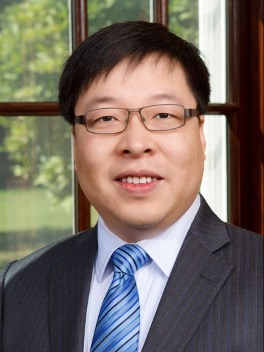
Feng Zhu – Competing in the Age of AI
Feng Zhu is the MBA Class OF 1958 Professor of Business Administration in the Technology and Operations Management Unit at Harvard Business School. Before joining the HBS faculty, he was an assistant professor of strategy at the University of Southern California. In his research, Professor Zhu examines competitive strategy and innovation in high-technology industries, with an emphasis on the design of platform business models and its impact on platform performance. He has studied a wide range of platforms, such as video game consoles, social-networking sites, Craigslist, Wikipedia, smartphone operating systems, blogs, sharing economy platforms, newspapers, and ad-sponsored free products.
Program Faculty
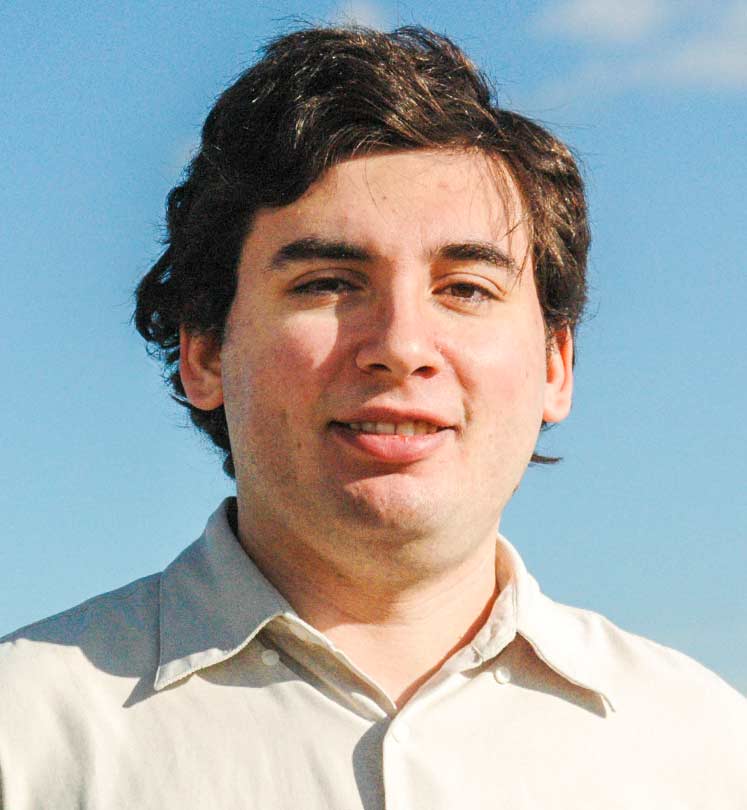
Joe Blitzstein – Data Science Pipeline and Critical Thinking
Joseph K. Blitzstein is a Professor of the Practice in Statistics. He received his master’s in statistics and PhD in mathematics from Stanford University and has been a member of the teaching faculty at Harvard University since July 2006. In addition to teaching, he is an avid researcher whose interests focus on graphical models, complex networks, Monte Carlo methods, combinatorics and random structures, and importance sampling and variance-reduction techniques.

Iavor Bojinov – Data Science Pipeline and Critical Thinking
Iavor Bojinov is an assistant professor of business administration in the Technology and Operations Management unit at Harvard Business School and a faculty affiliate in the Department of Statistics at Harvard University. He teaches courses on technology, operations management, and data science, and regularly guest lectures on a diverse set of topics ranging from experimentation to machine learning. Professor Bojinov’s research interest is at the interface of causal inference, experimental design, and large-scale computing with the overall goal of democratizing statistical methods in order to help firms innovate and grow. He is currently actively pursuing three related research areas: design and analysis of experiments in complex settings, demystifying the value and limitation of experimentation, and understanding the role of data science in the modern AI organization.
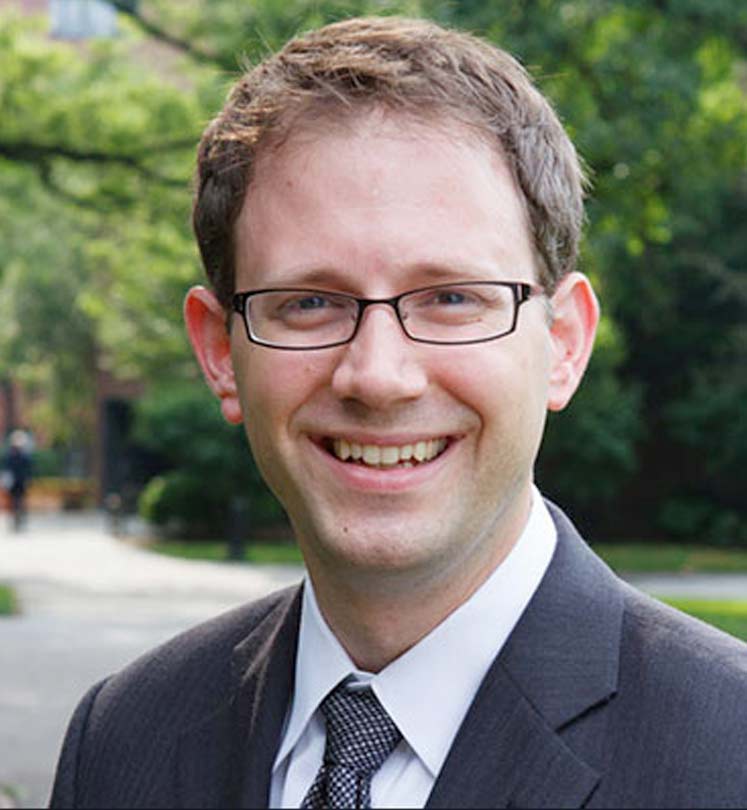
Ryan Buell – Operations and Supply Chain Management
Ryan W. Buell is the UPS Foundation Associate Professor of Service Management in the Technology and Operations Management Unit at Harvard Business School. He teaches Managing Service Operations in both the MBA elective curriculum and the Executive Education programs at the School. He is the faculty chair of the Transforming Customer Experiences Executive Education program and has also taught the Technology and Operations Management course in the MBA required curriculum. Professor Buell was the recipient of the Charles M. Williams Award for outstanding teaching in 2016.
Professor Buell’s research investigates the interactions between service businesses and their customers, and how operational choices affect customer behaviors and firm performance. He is affiliated with the Behavioral Insights Group at the Harvard Kennedy School’s Center for Public Leadership. His work has been published in Management Science, Manufacturing & Service Operations Management, Production and Operations Management, Quarterly Journal of Economics, and Harvard Business Review. It has also received media attention from outlets such as The New York Times, The Washington Post, The Atlantic, The Boston Globe, Huffington Post, The Financial Post, BNET.com, Wired, The Guardian, and Forbes.com.
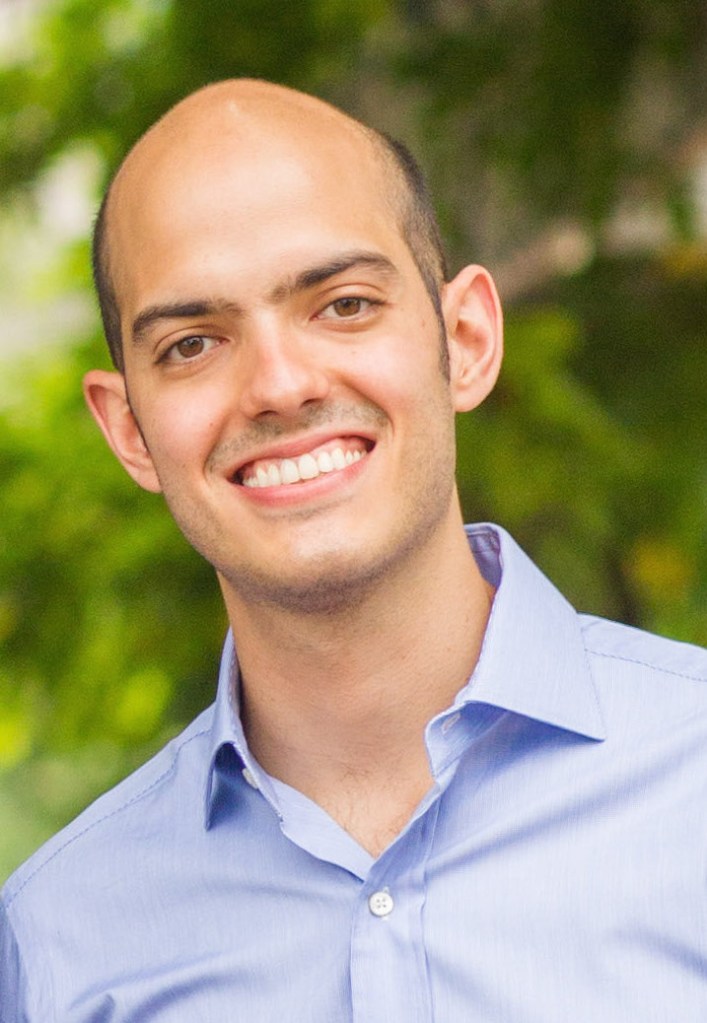
Flavio P. Calmon – Data-Driven Marketing and Immersion
Flavio P. Calmon is an Assistant Professor of Electrical Engineering at Harvard’s John A. Paulson School of Engineering and Applied Sciences. Before joining Harvard, he was the inaugural Data Science for Social Good Post-Doctoral Fellow at IBM Research in Yorktown Heights, New York. He received his Ph.D. in Electrical Engineering and Computer Science at MIT, and his B.Sc. in Communications Engineering from the University of Brasilia, Brazil. His main research interests are information theory, inference, and statistics, with applications to machine learning, fairness, and computational creativity. Prof. Calmon’s research group at Harvard has received research awards from Google, Amazon, IBM, Oracle, and the NSF.
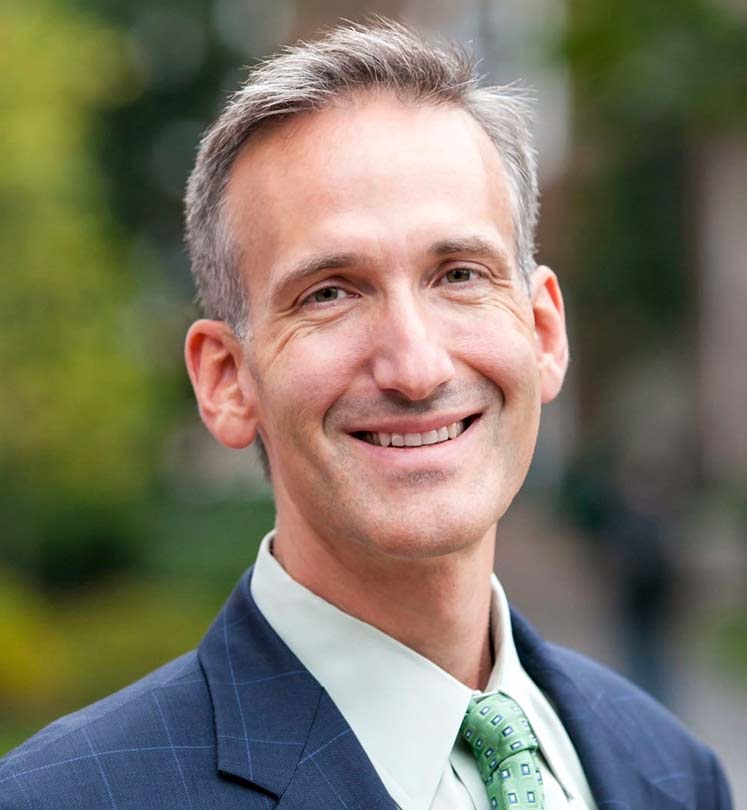
Dennis W. Campbell – Operations and Supply Chain Management
Dennis W. Campbell joined the faculty of the Harvard Business School in 2003. He is currently the Dwight P. Robinson Jr. Professor of Business Administration. In addition to his academic position, he also serves as the head of the Accounting & Management unit at HBS. During his time on the faculty, he has taught in and chaired a variety of courses in the school’s MBA, doctoral, and executive education programs in Boston, Asia, and the Middle East.

Srikant M. Datar – Data Science Pipeline and Critical Thinking
Srikant M. Datar is the dean of Harvard Business School. A distinguished scholar and educator, Dean Datar’s interests focus on management education, design thinking, innovative problem solving, machine learning, and artificial intelligence. He is the eleventh dean of HBS and began his tenure on Jan. 1, 2021.
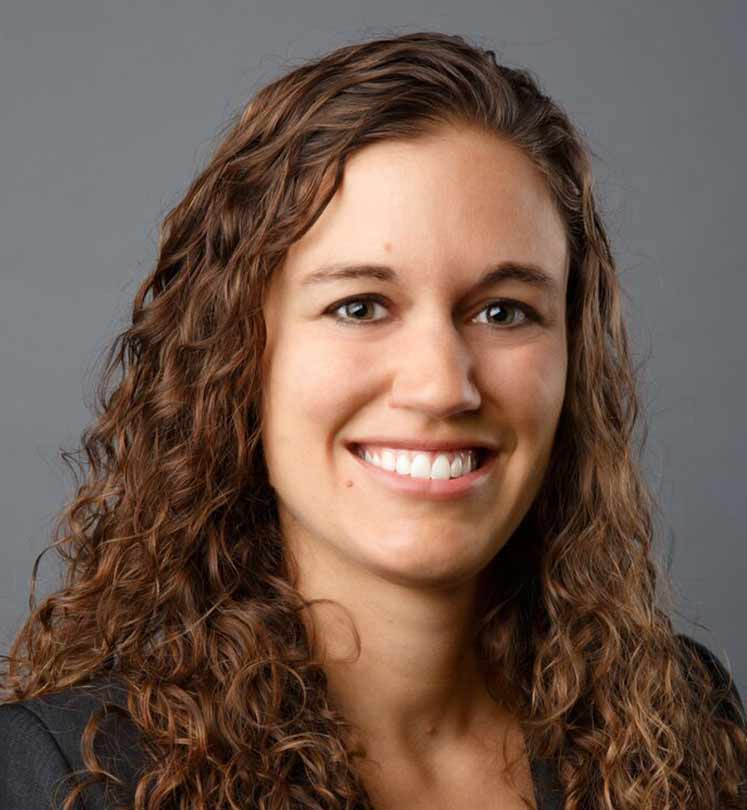
Kris Johnson Ferreira – Operations and Supply Chain Management
Kris Johnson Ferreira is an assistant professor of business administration in the Technology and Operations Management (TOM) unit at Harvard and teaches the TOM course in the MBA curriculum. Ferreira focuses her research on online markets and retail, seeking to build operations management models that inform practice and provide theoretical insights. In particular, she employs a combination of machine learning and optimization techniques to help companies use their data to make better tactical and strategic decisions.

Mark Glickman – Foundations of Quantitative Analysis and Data Science Pipeline and Critical Thinking
Mark Glickman is a Senior Lecturer on Statistics in the Harvard University Department of Statistics, and is Senior Statistician at the Center for Healthcare Organization and Implementation Research, a Veterans Administration Center of Innovation. His research interests include creating statistical methods for rating competitors in games and sports, and applications to healthcare and health policy. He is the director of the Harvard Sports Analytics Laboratory, and has invented the Glicko and Glicko-2 rating systems, both of which have been adopted by many gaming organizations internationally.
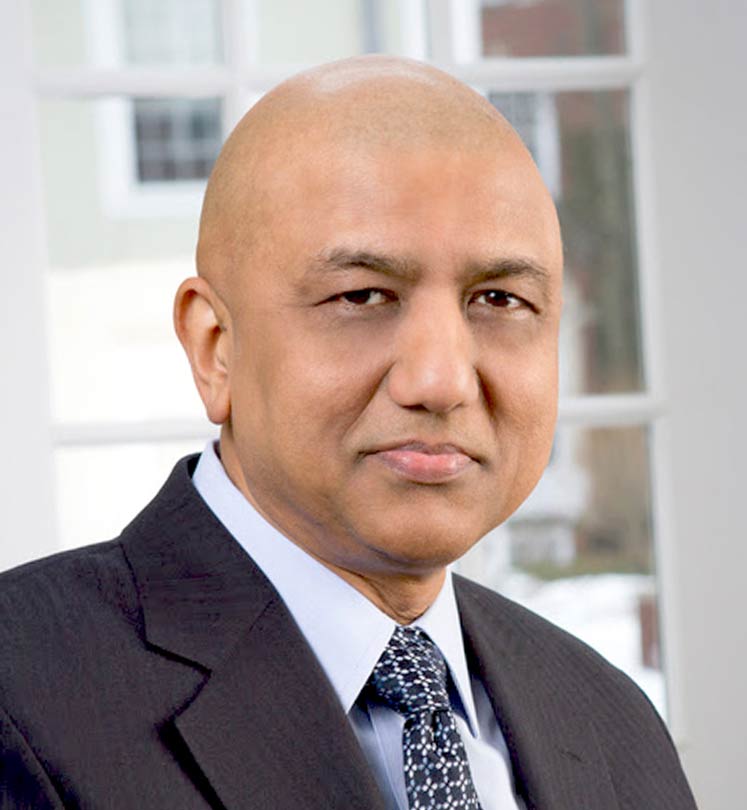
Sunil Gupta – Data-Driven Marketing
Sunil Gupta is the Edward W. Carter Professor of Business Administration and Chair of the General Management Program at Harvard Business School. He is also the co-chair of the executive program on Driving Digital Strategy. In the recent past, he has taught an elective course on Digital Marketing Strategy to MBA students and Advanced Management Program to senior managers.
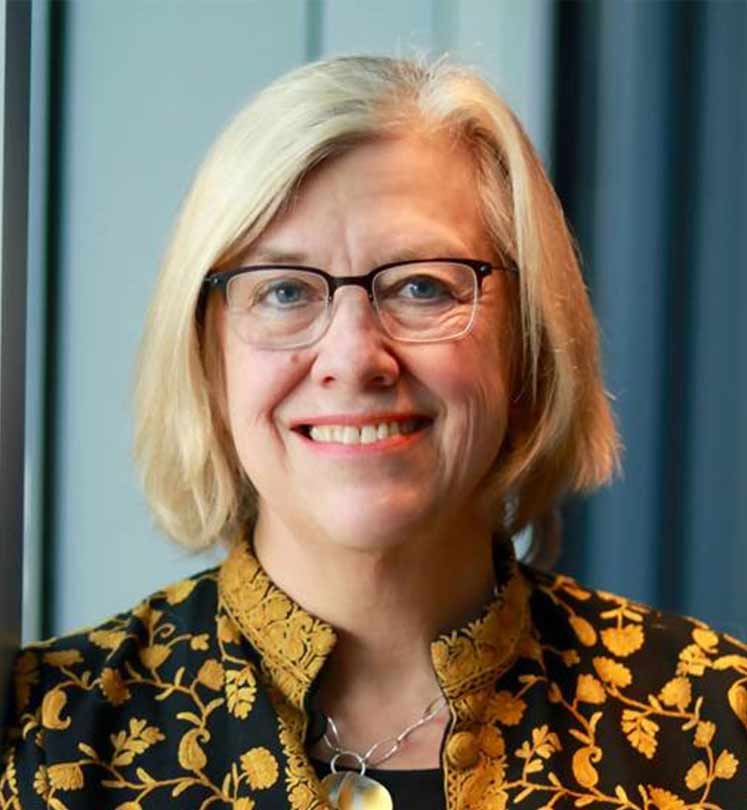
Janice H. Hammond – Operations and Supply Chain Management
Janice H. Hammond is the Jesse Philips Professor of Manufacturing at Harvard Business School. She currently teaches Supply Chain Management in the HBS MBA program. She serves as program chair for the HBS Executive Education International Women’s Foundation and Women’s Leadership programs and created the online Business Analytics course for HBX CORe (a nine- to 11-week program that teaches business fundamentals via courses in Business Analytics, Economics, and Financial Accounting).

Marco Iansiti – Competing in the Age of AI
Marco Iansiti is the David Sarnoff Professor of Business Administration. He heads the Technology and Operations Management Unit and the Digital Initiative at HBS. He is an expert on digital innovation and transformation, and has extensively published his research in the Harvard Business Review. He also advises a variety of Fortune 500 companies and is chairman of the board of directors of Keystone Strategy Inc., a consulting firm he co-founded. His other research interests focus on strategy and new product development in high-technology industries.
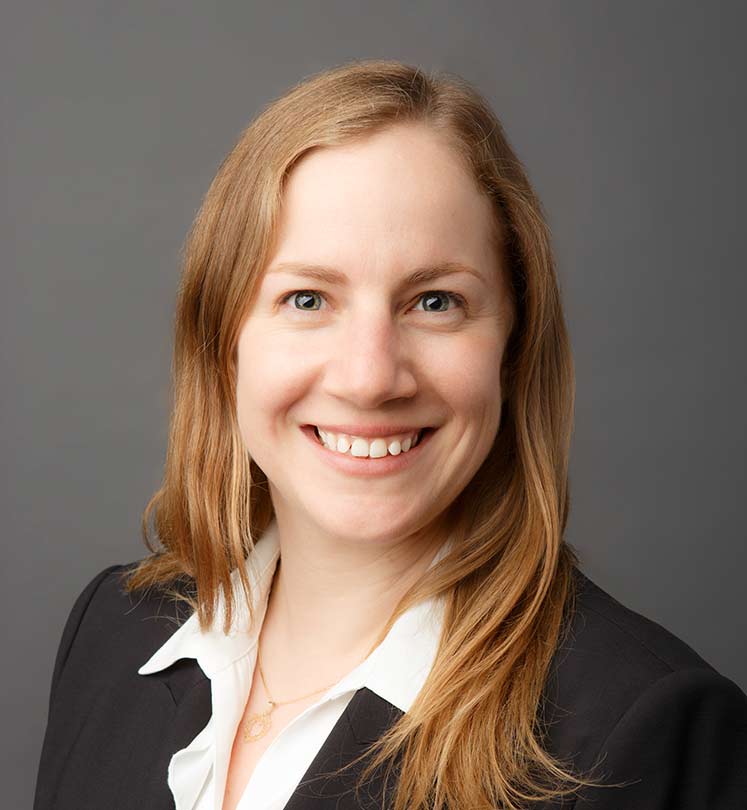
Ayelet Israeli – Data-Driven Marketing
Ayelet Israeli is the Marvin Bower Associate Professor at Harvard Business School. In her research, Professor Israeli focuses on pricing and pricing policies, channel management, and online marketing. Her research has been published in Marketing Science and Journal of Marketing Research. Her dissertation won the 2014 INFORMS Society for Marketing Science Doctoral Dissertation Proposal Award, and her work has been cited by The Wall Street Journal, The Atlantic, and MSN Money.
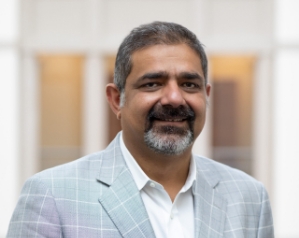
Karim R. Lakhani
Karim R. Lakhani is the Dorothy & Michael Hintze Professor of Business Administration at the Harvard Business School. He specializes in technology management, innovation, digital transformation and artificial intelligence (AI). His innovation-related research is centered around his role as the founder and co-director of the Laboratory for Innovation Science at Harvard and as the principal investigator of the NASA Tournament Laboratory. Karim is known for his original scholarship on open source communities and innovation contests and has pioneered the use of field experiments to help solve innovation-related challenges while simultaneously generating rigorous research in partnership with organizations like NASA, Harvard Medical School, The Broad Institute, TopCoder, The Linux Foundation and various private organizations. His digital transformation research investigates the role of analytics and artificial intelligence (AI) in reshaping business and operating models. This research is complemented through his leadership as co-founder and chair of the Digital, Data, and Design (D^3) Institute at Harvard and as co-founder and former co-chair of the Harvard Business Analytics Program, a university-wide online program transforming mid-career executives into data-savvy leaders.
Karim has published over 150 peer-reviewed papers in leading management, economics and natural science journals, executive-oriented articles in Harvard Business Review and MIT Sloan Management Review, and Harvard Business School case studies. He is the co-editor of two books from MIT Press on open and distributed innovation models including Revolutionizing Innovation: Users, Communities and Open Innovation (2016) and Perspectives on Free and Open Source Software (2005). He is the co-author of Competing in the Age of AI (2020) a book published by the Harvard Business Review Press. His research has been featured in BusinessWeek, The Boston Globe, The Economist, Fast Company, Inc., MarketWatch, The New York Times, National Public Radio, Science, The Wall Street Journal, The Washington Post, WBUR, WGBH, and Wired.
Karim was awarded his Ph.D. in management from the Massachusetts Institute of Technology. He also holds an SM degree in Technology and Policy from MIT, and a bachelor’s degree in Electrical Engineering and Management from McMaster University in Canada. He was a recipient of the Aga Khan Foundation International Scholarship and a doctoral fellowship from Canada’s Social Science and Humanities Research Council. Prior to coming to HBS he served as a Lecturer at MIT’s Sloan School of Management. Karim has also worked in sales, marketing and new product development roles at GE Healthcare and was a consultant with The Boston Consulting Group.
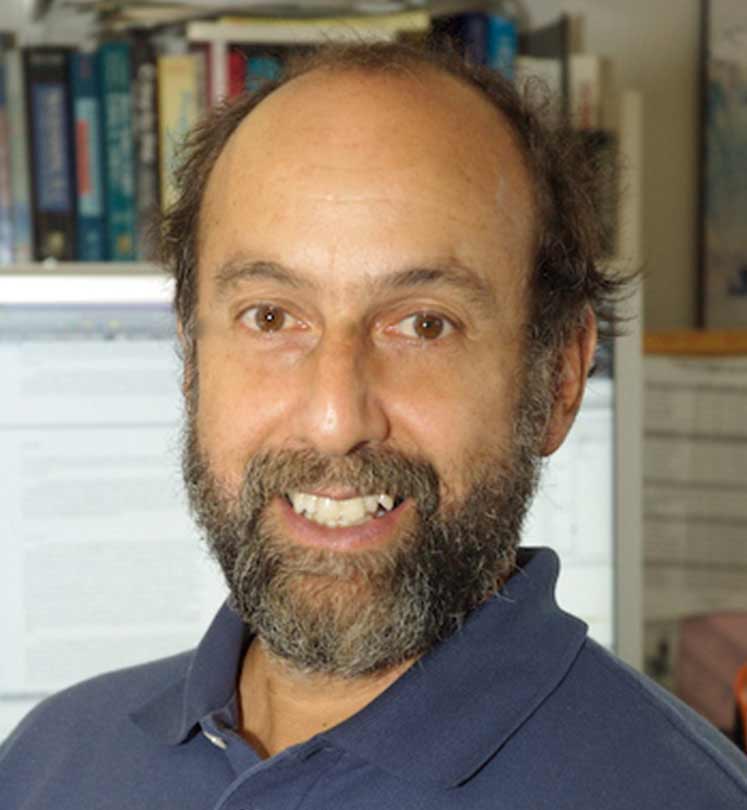
Henry Leitner – Programming and Data Systems
Henry H. Leitner is a Senior Lecturer on Computer Science in the School of Engineering and an Associate Dean and Chief Innovation Officer for the Division of Continuing Education (DCE) at Harvard. Dr. Leitner has oversight responsibility for software engineering, pedagogical and technical support teams for online teaching and learning, a campus-based computing lab, as well as a growing collection of continuing and professional education courses that collectively enroll thousands of students annually. His current research is focused on the emerging field of “learning engineering,” which involves the application of a principled set of evidence-based strategies to the continual re-design of educational experiences to optimize their effectiveness and efficiency.
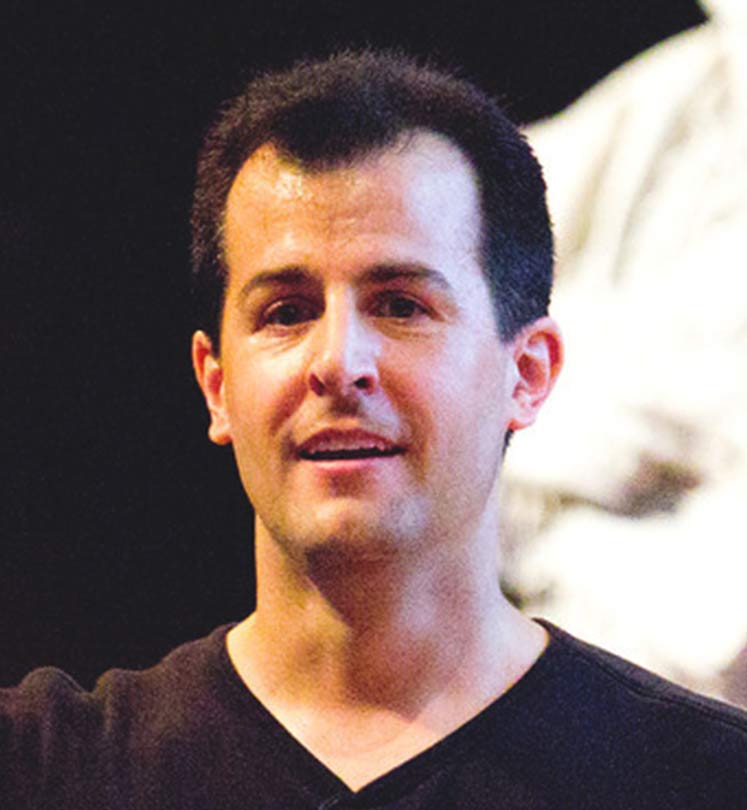
David J. Malan – Programming and Data Systems
David J. Malan is Gordon McKay Professor of the Practice of Computer Science in the School of Engineering and Applied Sciences and a Member of the Faculty of Education in the Graduate School of Education at Harvard University. He teaches Computer Science 50, otherwise known as CS50, which is Harvard University’s largest course. Previously, Malan served as Chief Information Officer for Mindset Media. His research has focused on cybersecurity, digital forensics, pedagogy, and instructional technologies.
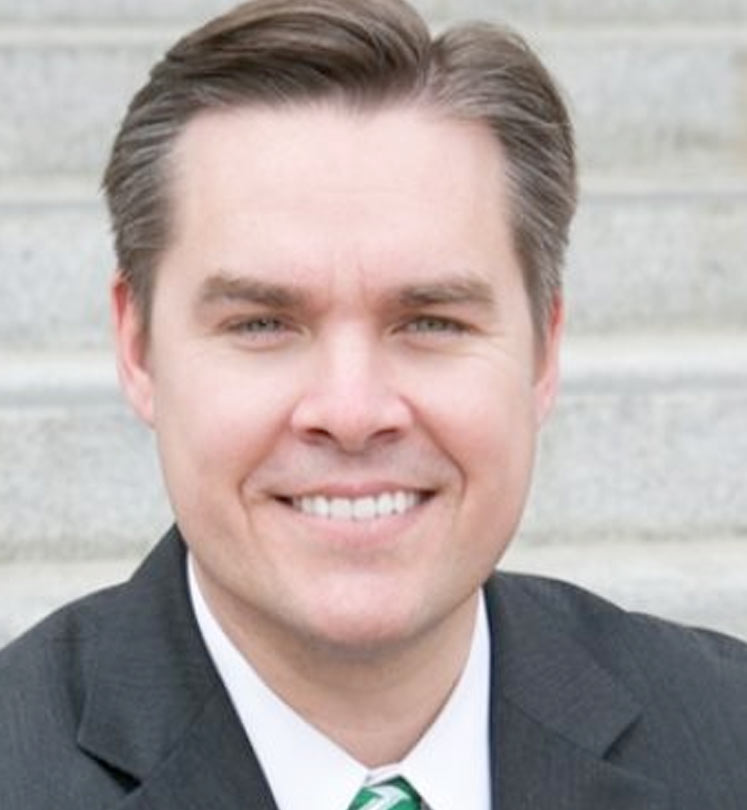
Rory McDonald – Leadership, Innovation, and Change
Rory McDonald is the Thai-Hi T. Lee Associate Professor of Business Administration at Harvard Business School in the Technology and Operations Management Unit. He teaches Building and Sustaining a Successful Enterprise in the MBA elective curriculum. In 2016, he was named one of the world’s top 40 business school professors under 40 by Poets and Quants, and his article “What Is Disruptive Innovation?” was named as one of Harvard Business Review’s Definitive Management Ideas for 2015. Professor McDonald’s award-winning research focuses on how firms compete and innovate effectively in new technology-enabled markets.

Antonio Moreno – Competing in the Age of AI
Antonio Moreno is the Sicupira Family Associate Professor in the Technology and Operations Management Unit. He teaches technology and operations management in the MBA, executive, and doctoral programs, using data and empirical approaches to study operations management with a main focus on retail. His primary aims include exploring operational consequences of innovative business models, addressing fundamental questions in operations strategy, and developing models to help firms make better operational decisions.
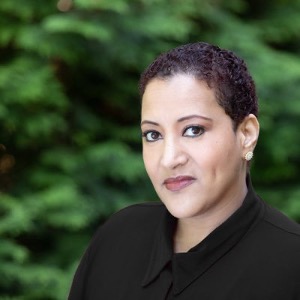
Tsedal Neeley – Immersion
Tsedal Neeley is the Naylor Fitzhugh Professor of Business Administration at the Harvard Business School. Her work focuses on how leaders can scale their organizations by developing and implementing global and digital strategies. She regularly advises top leaders who are embarking on virtual work and large scale-change that involves global expansion, digital transformation, and becoming more agile. Tsedal heads and teaches in the first-year required Leadership and Organizational Behavior course in the MBA program that focuses on how to lead effectively; the curriculum addresses group behavior and performance, organization design, change and how to align people behind a common vision. With Bill George and Krishna Palepu she co-chairs the executive offering, Leading Global Businesses, which helps top leaders develop emerging and mature market strategies in a global and increasingly digital economy. She also teaches extensively in executive programs such as Harvard Business Analytics Program. Tsedal is a recipient of the prestigious Charles M. Williams Award for Outstanding Teaching in Executive Education and the Greenhill Award for outstanding contributions to Harvard Business School. She serves on the Board of Directors of Brightcove, Harvard Business Publishing and the Partnership Inc. (Strategic Committee).
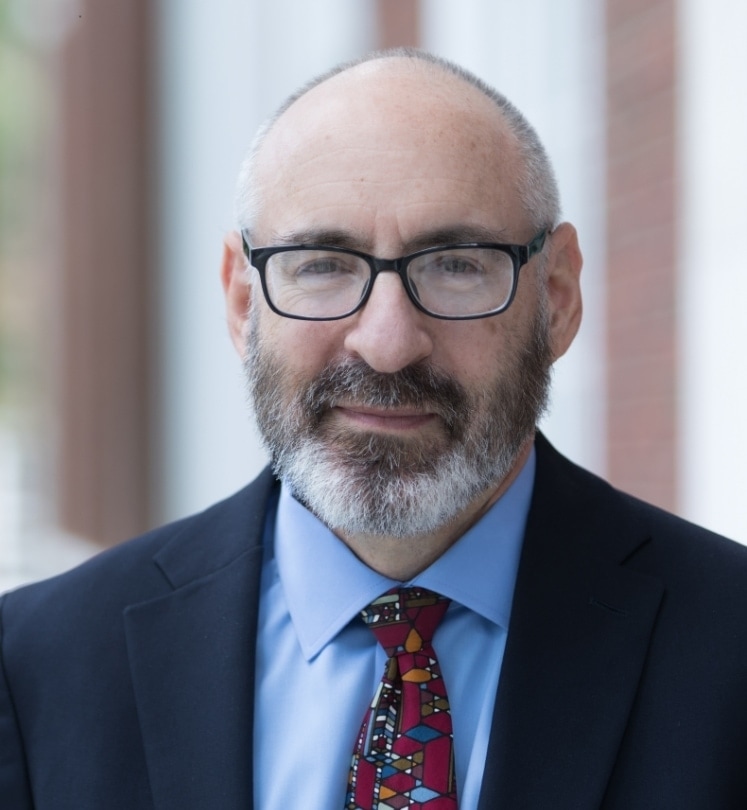
Michael Parzen – Foundations of Quantitative Analysis
Michael Parzen is a Senior Lecturer in the Technology and Operations Management unit at Harvard Business School. He is an applied statistician with extensive experience in data science education and currently teaches Data Science for Managers as an MBA elective course.

Hanspeter Pfister – Data Science Pipeline and Critical Thinking
Hanspeter Pfister is the Academic Dean of Computational Sciences and Engineering and the An Wang Professor of Computer Science at the Harvard John A. Paulson School of Engineering and Applied Sciences. Pfister has a PhD in computer science from the State University of New York at Stony Brook and an MS in electrical engineering from ETH Zurich, Switzerland. Before joining Harvard, he worked for over a decade at Mitsubishi Electric Research Laboratories, where he was associate director and senior research scientist. His research in visual computing intersects a range of topics, including 3-D fabrication and biomedical visualization.

Jeff Polzer – Leadership and People Analytics
Jeff Polzer is the UPS Foundation Professor of Human Resource Management in the Organizational Behavior Unit at Harvard Business School. He studies teams across many settings to understand how interpersonal dynamics among team members can disrupt or enhance performance. He has taught a variety of courses in the MBA, executive, and doctoral programs at HBS. He has also conducted executive training sessions for a variety of organizations, including IBM, Novartis, Seagate, Jabil, Merrill Lynch, Royal Bank of Scotland, Citizens Bank, Bharti Airtel, Fresenius, Mercy Corps, and Ernst & Young.

Kevin Rader – Foundations of Quantitative Analysis
Kevin Rader is a Senior Preceptor in Harvard’s Statistics Department. He teaches many undergraduate classes including Intro to Biostatistics, Linear Models, and Data Science. His research interests focus on applications in medicine and sports.
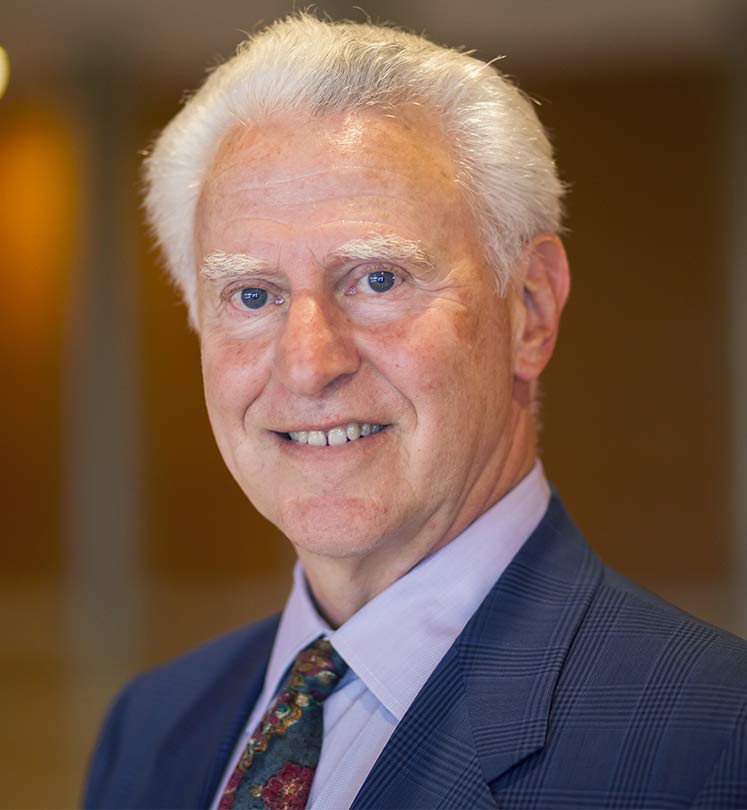
Michael Tushman – Leadership, Innovation, and Change
Michael Tushman is the Paul R. Lawrence MBA Class of 1942 Professor of Business Administration Chair, Program for Leadership Development. He holds degrees from Northeastern University (BSEE), Cornell University (MS), and the Sloan School of Management at MIT (PhD). He was on the faculty of the Graduate School of Business, Columbia University, from 1976 to 1998, and was the Phillip Hettleman Professor of Business from 1989 to 1998. He has also been a visiting professor at MIT (1982, 1996) and INSEAD (1995–1998, 2011).

Feng Zhu – Competing in the Age of AI
Feng Zhu is the MBA Class OF 1958 Professor of Business Administration in the Technology and Operations Management Unit at Harvard Business School. Before joining the HBS faculty, he was an assistant professor of strategy at the University of Southern California. In his research, Professor Zhu examines competitive strategy and innovation in high-technology industries, with an emphasis on the design of platform business models and its impact on platform performance. He has studied a wide range of platforms, such as video game consoles, social-networking sites, Craigslist, Wikipedia, smartphone operating systems, blogs, sharing economy platforms, newspapers, and ad-sponsored free products.

